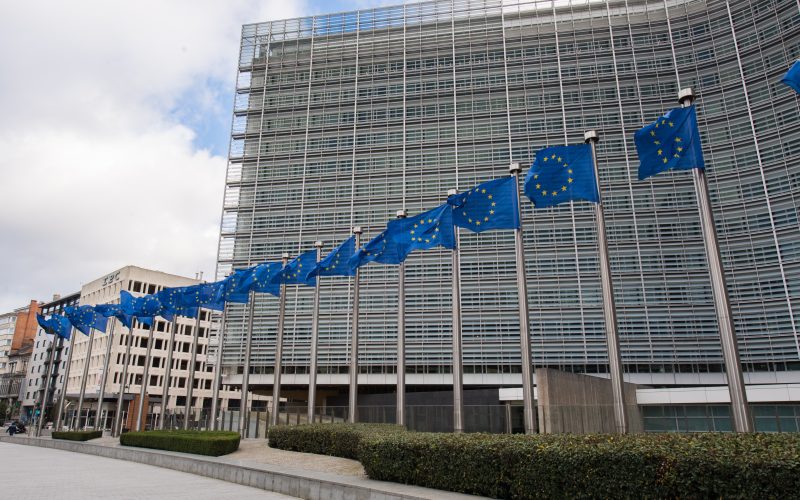The European Parliament has voted to significantly reduce sustainability reporting and due diligence obligations for companies, endorsing a simplified framework aimed at easing regulatory burdens and boosting competitiveness.
In a plenary vote, MEPs approved the negotiating position with 382 votes in favour, 249 against and 13 abstentions, paving the way for talks with EU governments later this month.
Under Parliament’s position, mandatory social and environmental reporting would apply only to companies with more than 1,750 employees and annual turnover above €450 million. Only firms within this scope would have to report under the EU taxonomy for sustainable activities.
Reporting standards would be lighter, with fewer qualitative disclosures, and sector-specific reporting would become voluntary. MEPs also want to shield SMEs from excessive data requests, preventing large companies from demanding more information than what voluntary standards require.
Parliament’s position would restrict due diligence requirements to companies with over 5,000 employees and turnover above €1.5 billion. These firms would need to monitor and address environmental and human rights risks using a risk-based approach, seeking information from smaller suppliers only as a last resort.
Companies would no longer be required to produce a Paris-aligned transition plan. Non-compliant firms could face fines under national—rather than EU-level—liability frameworks and would be required to fully compensate victims for damages.
MEPs also called for the European Commission to set up a digital portal offering free templates, guidelines and information on all EU reporting requirements, complementing the European Single Access Point.
Jörgen Warborn (EPP, Sweden), Parliament’s rapporteur, said: “Today’s vote shows that Europe can be both sustainable and competitive. We are simplifying rules, cutting costs, and giving businesses the clarity they need to grow, invest, and create well-paying jobs.”
Negotiations between Parliament and EU governments—who have already adopted their position—will begin on 18 November, with the goal of finalising the legislation by end-2025.
The proposal forms part of the Commission’s Omnibus I simplification package, unveiled in February 2025, aimed at reducing administrative burdens and improving the EU’s investment environment. Parliament has repeatedly pushed for regulatory simplification to strengthen competitiveness and unlock greater investment capacity for businesses.
















